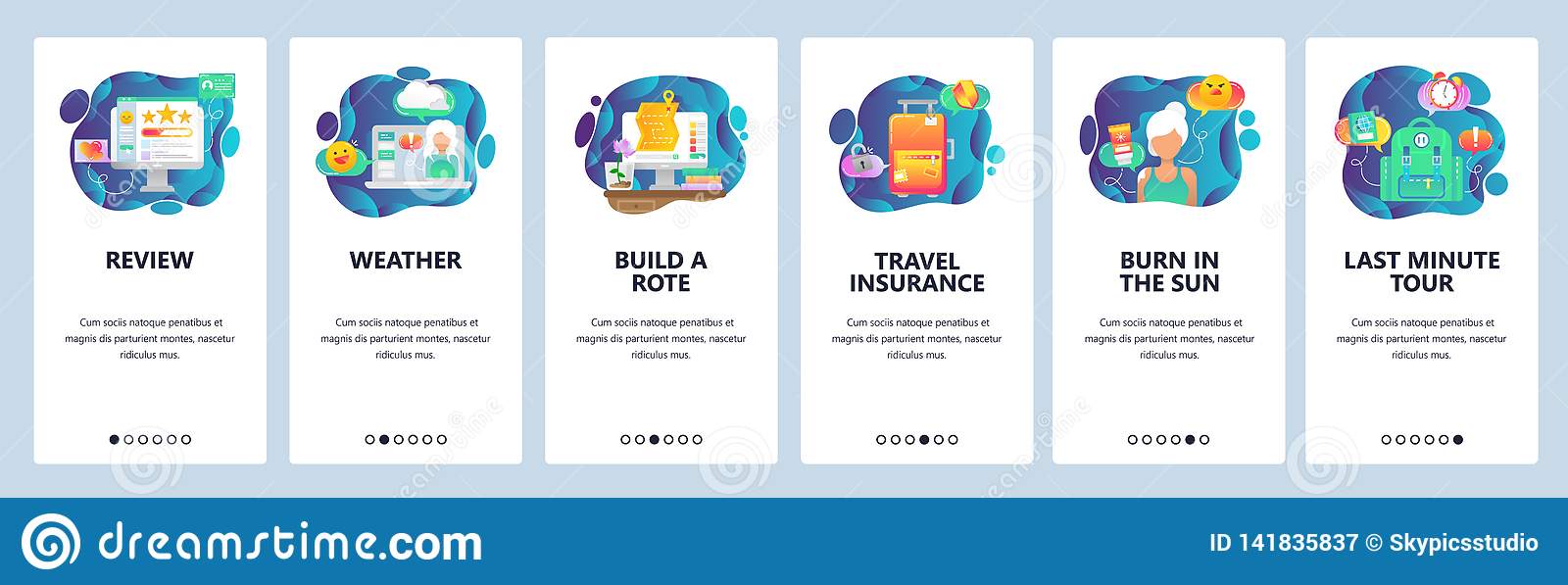
Consumer Reports' recent investigation revealed that many juices including fruit blends, grapes and apple juices contain small amounts of lead, mercury, or cadmium. Some juices also have levels of mercury, which is toxic in high doses and can cause cancer or neurological problems.
There is concern over the presence of toxic substances in food, drinks, and many consumers are alarmed to find one in their favourite product. It's why many companies test their products before putting them on shelves.
FDA is currently investigating arsenic and apple juice. The FDA wants to ensure that the juice is safe and does not pose a risk to children's health.
Because it is a carcinogen known to cause cancer, inorganic arsenic can be dangerous in apple juice. It can also cause damage to the immune system, diabetes risk, and lower intelligence.

There has been a shift over the years in the way juice is made. Some companies now use China's apple-juice concentration, which has high arsenic contents in its groundwater. This concentrate is then mixed with water and sold to customers as juice.
The process of mixing apple-juice concentrate and water has been criticised because it increases arsenic levels in the final product. A number of companies have voluntarily recalled their juice, according to the Food Safety News website, including Nature's Own 100% Apple Juice, Tropicana 100% Apple Juice and Red Jacket Orchards 100% Fuji Apple Juice Never From Concentrate (PDF).
Inorganic arsenic has been linked to cancer, kidney and skin diseases and neurological disorders in humans, but it can also be caused by rock erosion or volcanic eruptions. The EPA recommends drinking water containing less than 10 parts per trillion of total arsenic. However, this is not always possible.
Arsenic is found in some countries naturally, so trace amounts can sometimes be found in food and drinks that have been made overseas. Some of these substances may also be contaminated with pesticides.
Children are especially vulnerable to the toxic effects of inorganic Arsenic. This is because their systems for processing chemicals are weaker and their bodies cannot absorb them fully. According to the CDC, kids who eat juice high in arsenic could have impaired brain development, a lower IQ or other health problems.

For this reason, a growing number of consumers are seeking out juices that do not contain arsenic. Some of these options may be purchased online or at grocery stores.
CR tested 45 fruit juices, including grape, from 24 national and privately-label brands, for mercury, cadmium and lead. It found that 21 had "concerning level" for one or several of these metals. Some of these brands (e.g., Welch's brand, Trader Joe's Fresh Pressed Apple Juice) exceeded the FDA's limit.